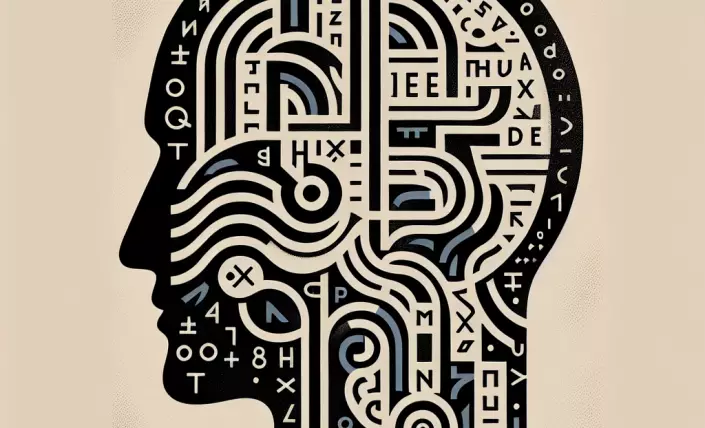In the realm of socio-economic thought, Thomas Sowell stands as a towering figure, not just for his rigorous analysis of economic policies and social justice, but for his keen observations on the often unseen forces that shape human decisions. At the heart of Sowell's philosophy lies a profound exploration of decision-making, a process influenced by myriad factors that are frequently overlooked yet profoundly impactful. One of the most intriguing aspects of Sowell's work is his emphasis on the 'unseen' or 'unintended consequences'—a concept that can be crucial for any individual seeking to understand their own life choices and the broader implications of their actions.
Consider the concept of 'trade-offs,' a fundamental principle in Sowell's economic reasoning. Every decision, Sowell argues, involves a trade-off, a choice between competing alternatives where the benefits of one option must be weighed against the costs of another. This principle extends beyond economics into the very fabric of our daily lives. Whether choosing a career path, nurturing personal relationships, or engaging in civic duties, every decision carries with it a spectrum of potential outcomes, many of which are unforeseen or undervalued at the moment of choice. The recognition of these trade-offs requires a level of foresight and introspection that challenges individuals to think critically about the long-term effects of their choices, urging a deeper understanding of cause and effect in human behavior.
Moreover, Sowell's exploration of 'knowledge and decisions' introduces a compelling dialogue about the limitations of human understanding. According to Sowell, knowledge is inherently limited, dispersed, and often incomplete. This limitation necessitates a reliance on social and economic systems that aggregate and utilize fragmented knowledge, allowing for more informed decision-making processes. However, it also poses a challenge to individuals: the recognition of one's own epistemic limitations. In personal life, this acknowledgment can lead to more humble and open-minded approaches to problem-solving and interpersonal interactions. It underscores the importance of continuous learning and adaptation, encouraging individuals to remain vigilant and skeptical of their assumptions and biases.
In essence, Sowell's philosophical insights compel us to reevaluate the foundations of our decision-making frameworks. By acknowledging the unseen forces and inherent trade-offs in our choices, and by recognizing the limitations of our knowledge, we can cultivate a more nuanced and informed approach to life's challenges. This reflection not only enhances personal growth but also fosters a deeper appreciation for the complex tapestry of human behavior and society. Sowell's work serves as a reminder that the path to wisdom is paved with an understanding of the invisible forces that quietly influence the decisions we make every day.










